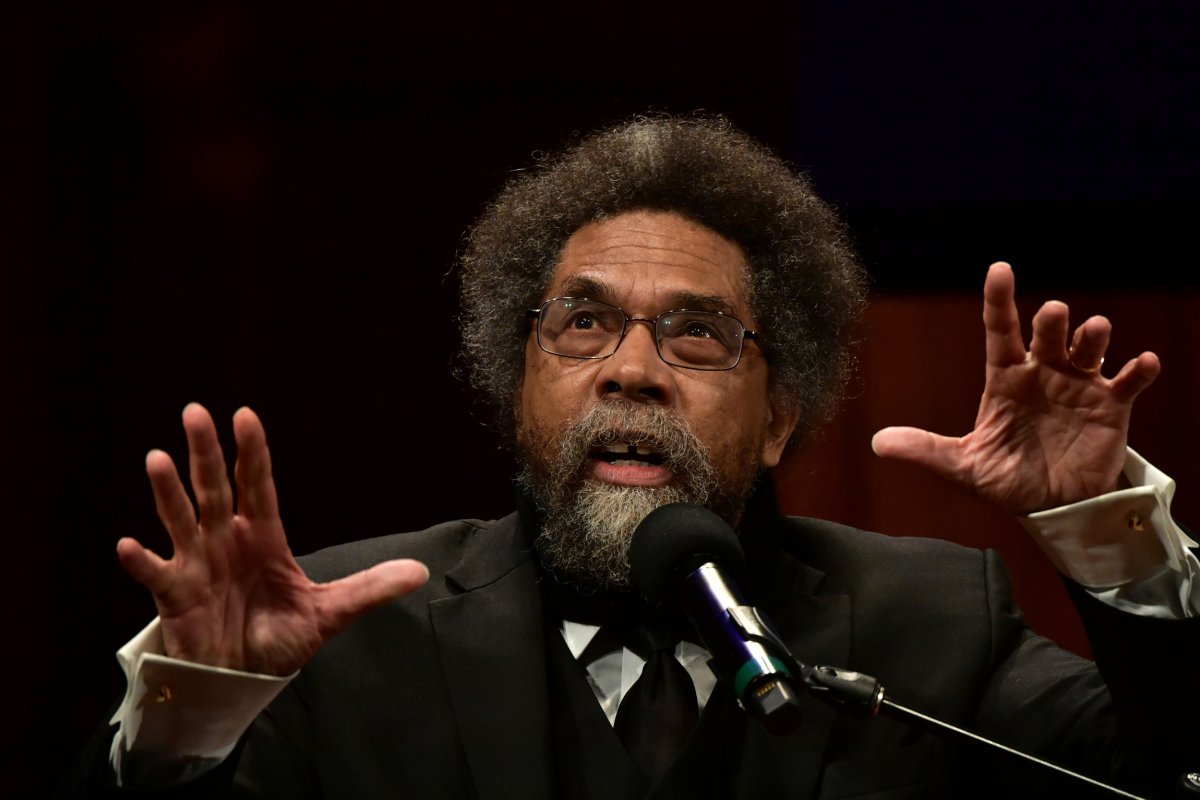Cornel West, a third party candidate for president in 2024, was rejected from a ballot in a key swing state this week.
On Thursday, a federal judge denied West’s bid to appear on the presidential ballot in Pennsylvania, a crucial battleground state. While acknowledging the merit of West’s claim, the judge ruled that it’s too close to Election Day to make any adjustments.
U.S. District Judge J. Nicholas Ranjan expressed “serious concerns” over how Pennsylvania Secretary of State Al Schmidt is enforcing state election code restrictions on West. The judge outlined his concerns in an order issued late Thursday.
“The laws, as applied to him and based on the record before the court, appear to be designed to restrict ballot access to him (and other non-major political candidates) for reasons that are not entirely weighty or tailored, and thus appear to run afoul of the U.S. Constitution,” Ranjan wrote in the order.
West, a prominent liberal academic and professor of philosophy and Christian practice at Union Theological Seminary in New York, is expected to pull more votes from Democratic nominee Vice President Kamala Harris than from the Republican candidate, former President Donald Trump. West’s legal team in the case includes lawyers with strong Republican connections.

Cornel West speaks at a ceremony at Harvard University on October 11, 2018, in Cambridge, Massachusetts. A judge this week rejected West’s bid to be included on the presidential ballot for Pennsylvania.
Photo by Paul Marotta/Getty Images
“If this case had been brought earlier, the result, at least on the present record, may have been different,” Ranjan added in his order.
West’s attorney, Matt Haverstick, announced on Friday that an appeal will be filed immediately.
“This is a situation where I think, given the constitutional rights, that any ballot access is better than no ballot access,” Haverstick said, according to The Associated Press. “We’d be content if Dr. West got on some ballots, or even if there was a notification posted at polling places that he was on the ballot.”
Ranjan pointed to federal precedent, noting that courts should avoid interfering with upcoming elections unless there is a compelling reason. He explained that reprinting ballots and retesting voting machines at this stage would increase the likelihood of errors.
The judge said adding West to the ballot at this late stage “would unquestionably cause voter confusion” and likely lead to post-election disputes over how to count votes on newly printed mail-in ballots.
West, along with his running mate, Dr. Melina Abdullah, from the Justice for All Party and three voters filed a lawsuit on September 25 in Pittsburgh federal court against Pennsylvania Secretary of State Al Schmidt and the Department of State.
The lawsuit claims that the department’s interpretation of election law infringes on their constitutional rights to freedom of association and equal protection. Specifically, they are challenging a requirement that West’s presidential electors—those designated to vote for him in the Electoral College—file candidate affidavits.
This article includes reporting from The Associated Press.









